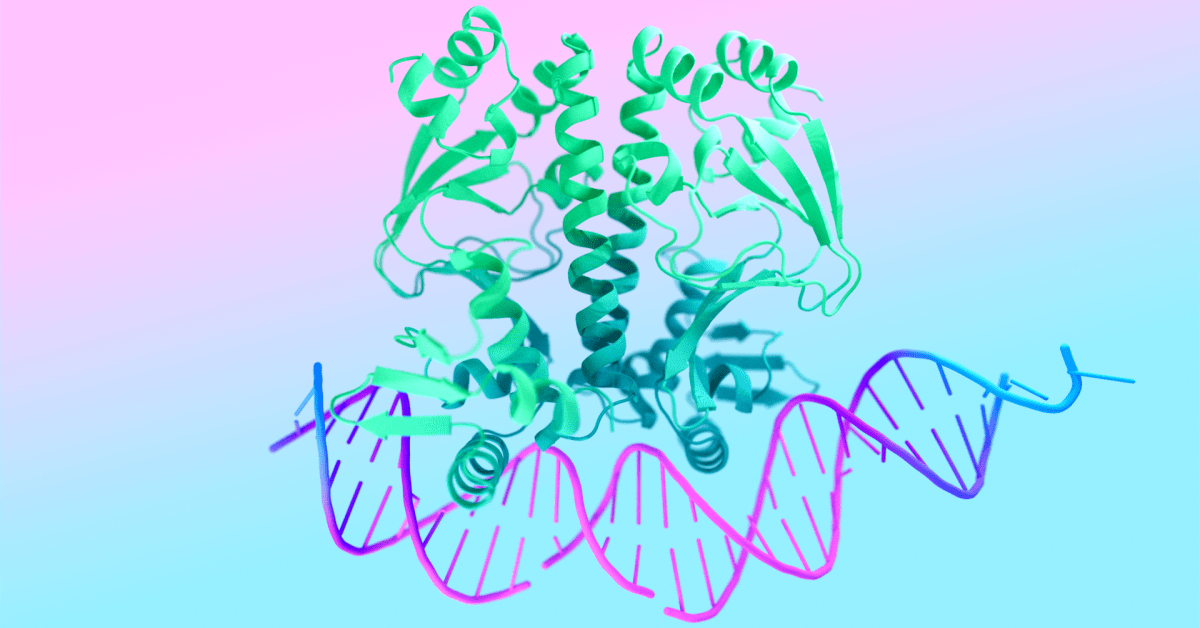Researchers at Google DeepMind have developed AlphaFold 3, an AI model that can predict the structure of biological molecules such as proteins, DNA, RNA, and potential drug molecules. The model will be available for non-commercial use through the AlphaFold server, with the details of the breakthrough published in the journal Nature on May 8. This innovation is expected to greatly accelerate biological research, as it provides a tool for understanding how different molecules interact within cells.
The CEO of Google DeepMind, Demis Hassabis, described AlphaFold 3 as a significant milestone in the field of biology. The AI system is an evolution of previous AlphaFold models that were successful in predicting the three-dimensional structure of proteins. The first AlphaFold model, introduced in 2018, won an international protein structure prediction competition, while AlphaFold 2, released in 2020, improved the accuracy of protein structure predictions. AlphaFold 3 takes this a step further by predicting the structures of a wide range of biological molecules and modeling their interactions.
While previous computational methods have been developed to model interactions between specific types of biological molecules, AlphaFold 3 is the first system to predict the interactions between nearly all molecular types with high performance. This capability is crucial for understanding the properties and functions of molecules within biological systems, as interactions between molecules play a key role in determining their functions. By using AlphaFold 3, researchers can gain insights into how different molecules interact and influence each other within cells, leading to a better understanding of biological processes.
The ability of AlphaFold 3 to predict the structures and interactions of various biological molecules is a significant advancement that could revolutionize the field of biology. By providing a comprehensive view of molecular interactions, this AI model enables researchers to explore the complexities of biological systems in a way that was not possible before. This breakthrough has the potential to drive further discoveries in areas such as drug development, genetic research, and understanding of diseases, ultimately leading to improved healthcare outcomes.
Overall, the development of AlphaFold 3 by Google DeepMind represents a major step forward in the application of AI to biological research. By accurately predicting the structures and interactions of diverse biological molecules, this AI model has the potential to transform the way researchers study and understand complex biological systems. With the availability of AlphaFold 3 for non-commercial use, the scientific community can now leverage this powerful tool to advance our knowledge of biology and potentially unlock new discoveries that could benefit society as a whole.









